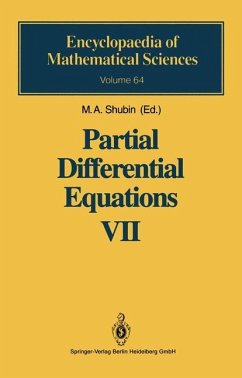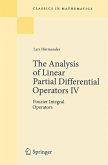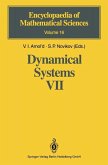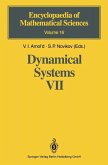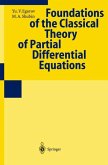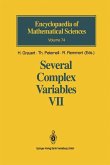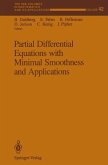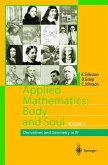§18 Operators with Almost Periodic Coefficients . . . . . . . . . . . . . . . . . . . 186 18. 1. General Definitions. Essential Self-Adjointness . . . . . . . . . . . . 186 18. 2. General Properties of the Spectrum and Eigenfunctions . . . . 188 18. 3. The Spectrum of the One-Dimensional Schrödinger Operator with an Almost Periodic Potential . . . . . . . . . . . . . . 192 18. 4. The Density of States of an Operator with Almost Periodic Coefficients . . . . . . . . . . . . . . . . . . . . . . . . . . . . . . . . . . . . . . . . . . . 197 18. 5. Interpretation of the Density of States with the Aid of von Neumann Aigebras and Its Properties . . . . . . . . . . . . . . 199 §19 Operators with Random Coefficients . . . . . . . . . . . . . . . . . . . . . . . . . . 206 19. 1. Translation Homogeneous Random Fields . . . . . . . . . . . . . . . . . 207 19. 2. Random DifferentialOperators . . . . . . . . . . . . . . . . . . . . . . . . . . 212 19. 3. Essential Self-Adjointness and Spectra. . . . . . . . . . . . . . . . . . . 214 19. 4. Density of States . . . . . . . . . . . . . . . . . . . . . . . . . . . . . . . . . . . . . . 217 19. 5. The Character of the Spectrum. Anderson Localization 220 §20 Non-Self-Adjoint Differential Operators that Are Close to Self-Adjoint Ones . . . . . . . . . . . . . . . . . . . . . . . . . . . . . . . . . . . . . . . . 222 20. 1. Preliminary Remarks . . . . . . . . . . . . . . . . . . . . . . . . . . . . . . . . . . 222 20. 2. Basic Examples . . . . . . . . . . . . . . . . . . . . . . . . . . . . . . . . . . . . . . . 225 20. 3. Completeness Theorems . . . . . . . . . . . . . . . . . . . . . . . . . . . . . . . . 226 20. 4. Expansion and Summability Theorems. Asymptotic Behaviour of the Spectrum . . . . . . . . . . . . . . . . . . . 228 20.5. Application to DifferentialOperators . . . . . . . . . . . . . . . . . . . . . 230 Comments on the Literature . . . . . . . . . . . . . . . . . . . . . . . . . . . . . . . . . . . . . 234 References . . . . . . . . . . . . . . . . . . . . . . . . . . . . . . . . . . . . . . . . . . . . . . . . . . . . 236 Author Index 262 Subject Index 265 Preface The spectral theory of operators in a finite-dimensional space first appeared in connection with the description of the frequencies of small vibrations of me chanical systems (see Arnol'd et al. 1985). When the vibrations of astring are considered, there arises a simple eigenvalue problem for a differential opera tor. In the case of a homogeneous string it suffices to use the classical theory 6 Preface of Fourier series.
Bitte wählen Sie Ihr Anliegen aus.
Rechnungen
Retourenschein anfordern
Bestellstatus
Storno

